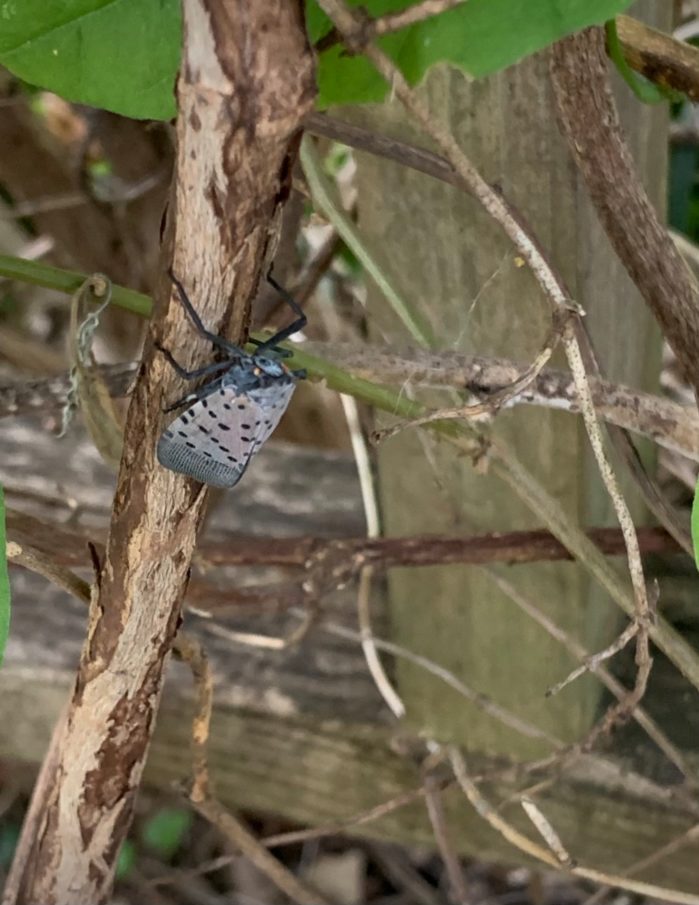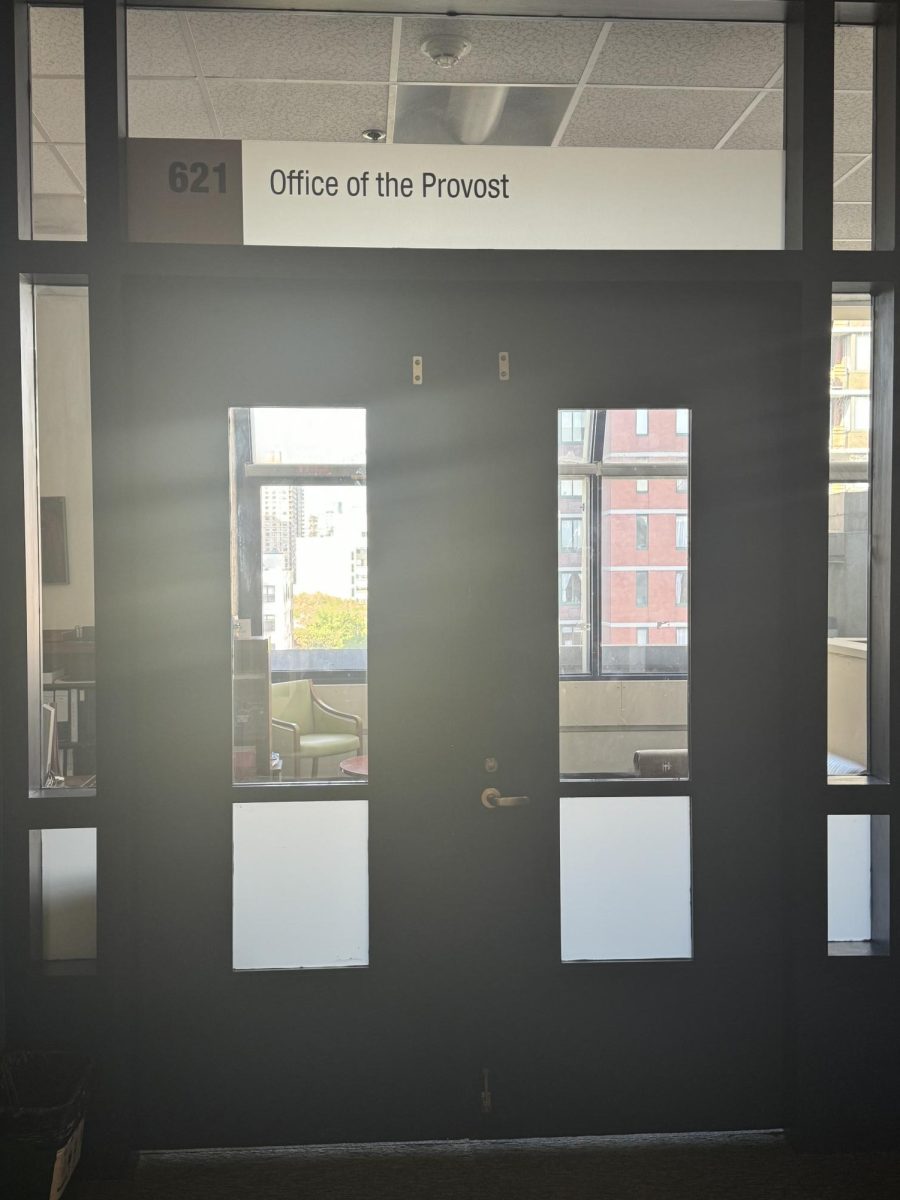While spotted lantern flies have terrorized New York City residents throughout the summer, landing on passerbyers’ shoulders and hanging around the doorways of buildings, many of the city’s residents shared their opinions on the invasive species.
The spotted lanternfly could cost the New York economy $300 million a year if it isn’t managed. The invasive species poses a threat to agricultural crops including fruit trees as well as woodland regions, according to ABC News.
Their spotted gray backs and red underwings aren’t hard to spot, significantly since they can grow to the size of a U.S. quarter. This invasive species is originally from China and Vietnam, but over the past couple of years, they’ve made their way into the U.S. and have multiplied drastically. The lantern flies feed on a wide variety of plants and crops.
NYC residents have become frustrated with the Bugs’ recent takeover.
Jayden Diaz, a security officer at Bank of America Tower in Bryant Park-, gave his take on the bugs and their environmental effects.
“Everything in our ecosystem plays its role, but it is clear that spotted lanternflies pose a threat to nature itself, due to their ability to create mold on the trees.”
Diaz is posted outside of the tower daily, constantly coming into contact with the lanternflies. He makes sure to kill them even if it means chasing after them when they fly away.
Because of their recent hatchings in April, the spotted lantern fly can be found all over the city. The population of the lantern flies is expected to increase due to their mating season.
Spotted lantern fly eggs can be laid on just about any hard surface, and look similar to a smudge of mud or clay. While the adults will die out in the upcoming winter, the egg masses will remain until the springtime- when the nymphs will hatch from their cases.
The spotted lantern flies are detrimental to plants— and it’s up to the community to put a stop to their raid. Whether it’s on your walk to or from campus, on your way to work, or even on your Starbucks run— you have the power to make a difference.
John Jay’s student and vice president of the WICYS club, Anisa Montalvo, shared her perspective on how the situation should be handled. She claims that students and everyday civilians alike should be further educated on the matter–in hopes of neutralizing the infestation.
“There could be more involvement in classes, broadcasting on social media, and there should be more said in education too, especially regarding egg scraping and tree banding,” said Montalvo.
Tree banding is a form of pest control where bands of insulation or plastic are wrapped around the crown of a tree to prevent insects from laying their eggs in the tree.
Nandika Dayal, a Political Science major, recalled a time when she saw many of them lying dead on the street in her neighborhood. She is also worried about the impact they may have.
“It was skin crawling seeing them,” said Dayal. “I’m worried about large infestations and the negative impacts on our environment.”
These insects have been known to leap onto people as they walk.
Willa Johnson, a forensic psychology major, shared an experience he had where one was chasing him as he tried to move away from it. He explained that a dog was what scared the lantern to fly away.
“I look over and there’s this lantern fly that just landed about 4 feet from me, and it stops moving when I look at it,” said Johnson. “I turn away and look back and it literally jumps closer to my feet, so I get up and move and it keeps following.”
Kimberly Ojukwu shares Johnson’s annoyance and believes everyone should play their part by killing the ones they see.
“I see it as if people don’t want to kill it, you’re letting them kill the Earth and us humans,” said Ojukwu







